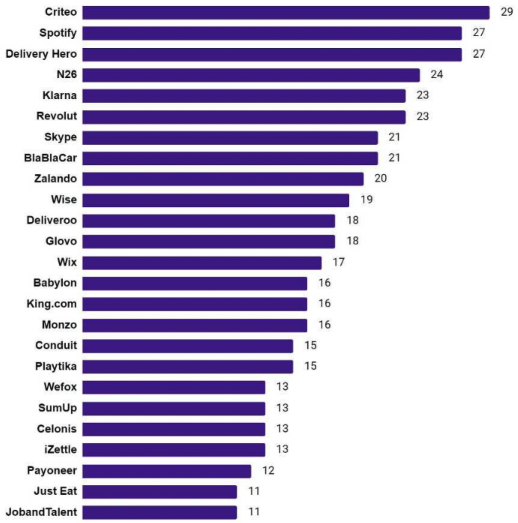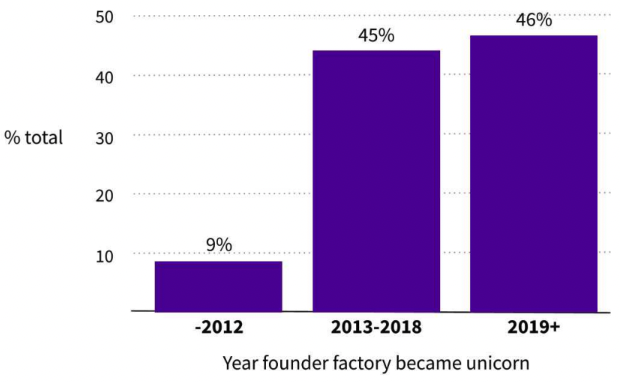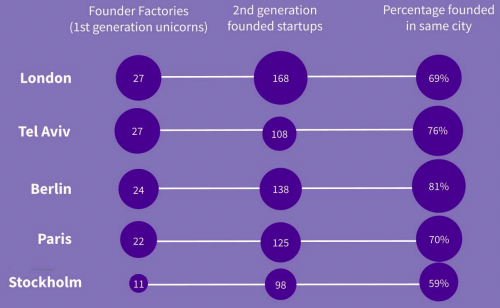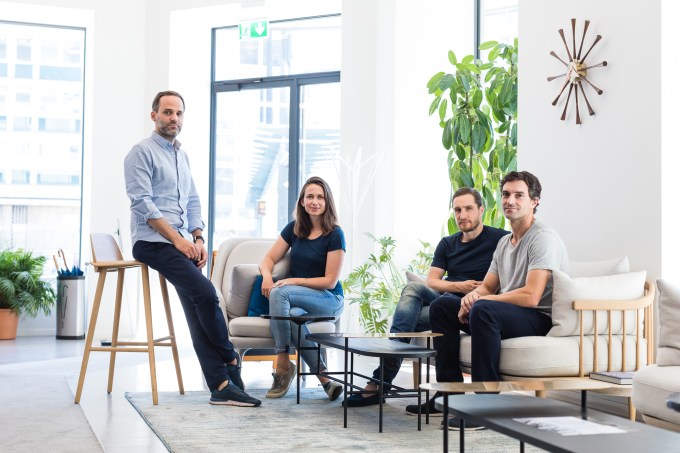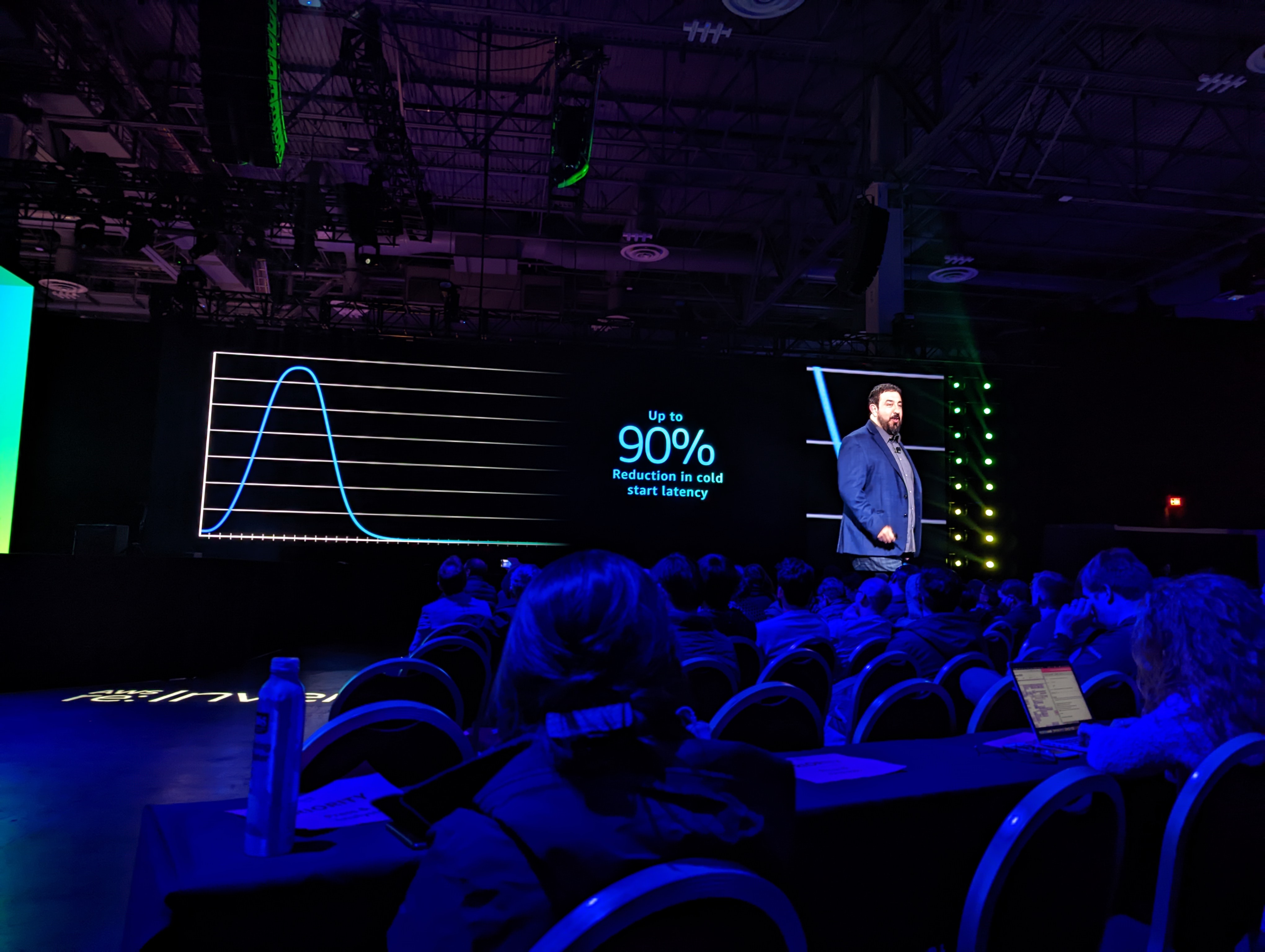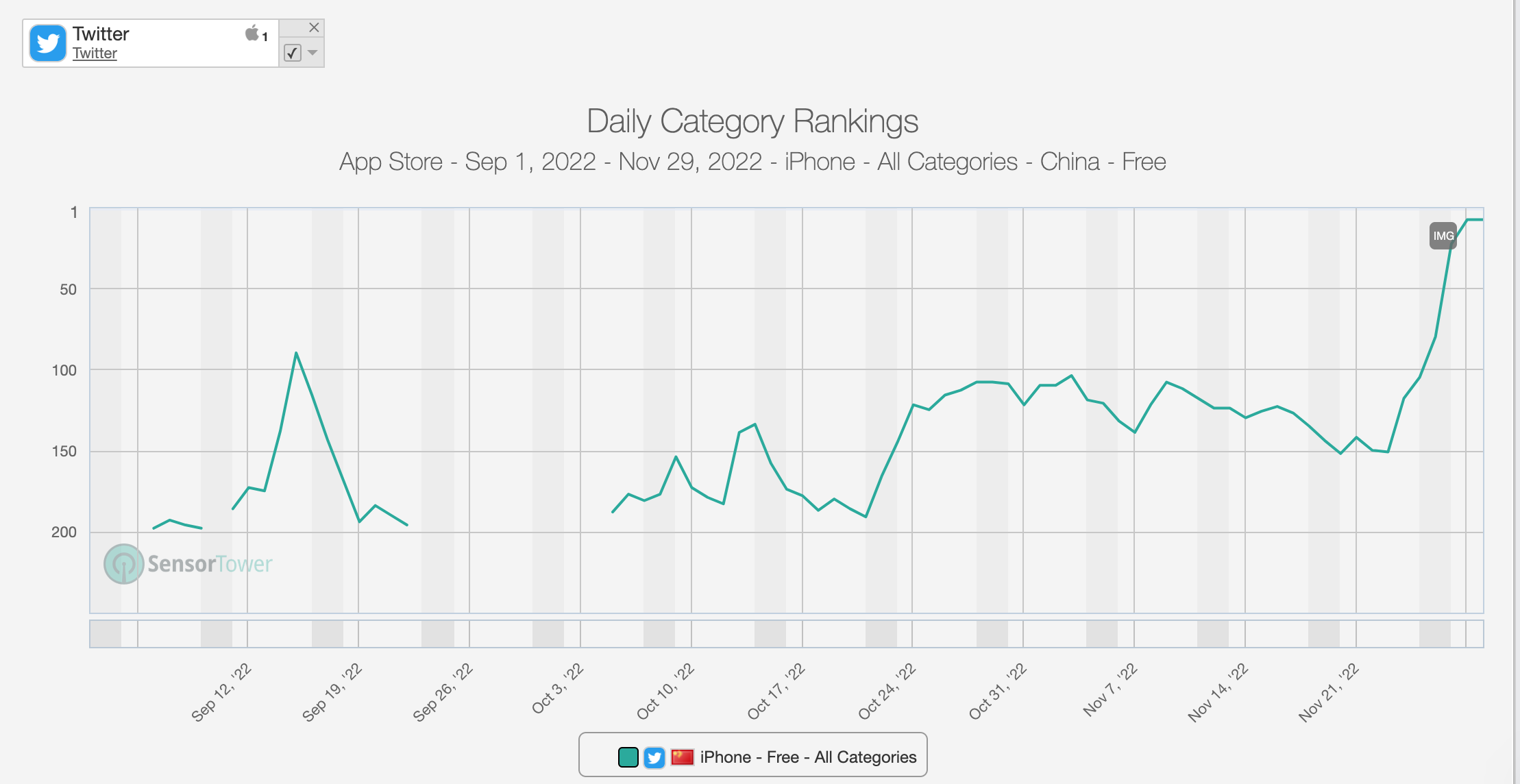Top Free Apps
- TikTok
- YouTube: Watch, Listen, Stream
- Google Maps
- Google Search
- Gmail – Email by Google
- BeReal
- Cash App
Top Paid Apps
- Procreate Pocket
- HotSchedules
- The Wonder Weeks
- Shadowrocket
- 75 Hard
- AutoSleep Track Sleep on Watch
- TouchRetouch
- FILCA – SLR Film Camera
- SkyView
- My Macros+ | Diet & Calories
Top Free Games
- Wordle!
- Subway Surfers
- Roblox
- Stumble Guys
- Coloring Match
- Count Masters: Crowd Runner 3D
- Fishdom
- Call of Duty®: Mobile
- Parking Jam 3D
- Text or Die
Top Paid Games
- Minecraft
- Heads Up!
- Bloons TD 6
- Geometry Dash
- Monopoly – Classic Board Game
- My Child Lebensborn
- Five Nights at Freddy’s
- Plague Inc.
- Rovio Classics: AB
- Five Nights at Freddy’s 2
Top Apple Arcade Games
- NBA 2K21 Arcade Edition
- The Oregon Trail
- Angry Birds Reloaded
- Sneaky Sasquatch
- Cooking Mama: Cuisine!
- Bloons TD 6+
- Skate City
- Warped Kart Racers
- Solitaire by MobilityWare+
- LEGO® Star Wars
 : Castaways
: Castaways



